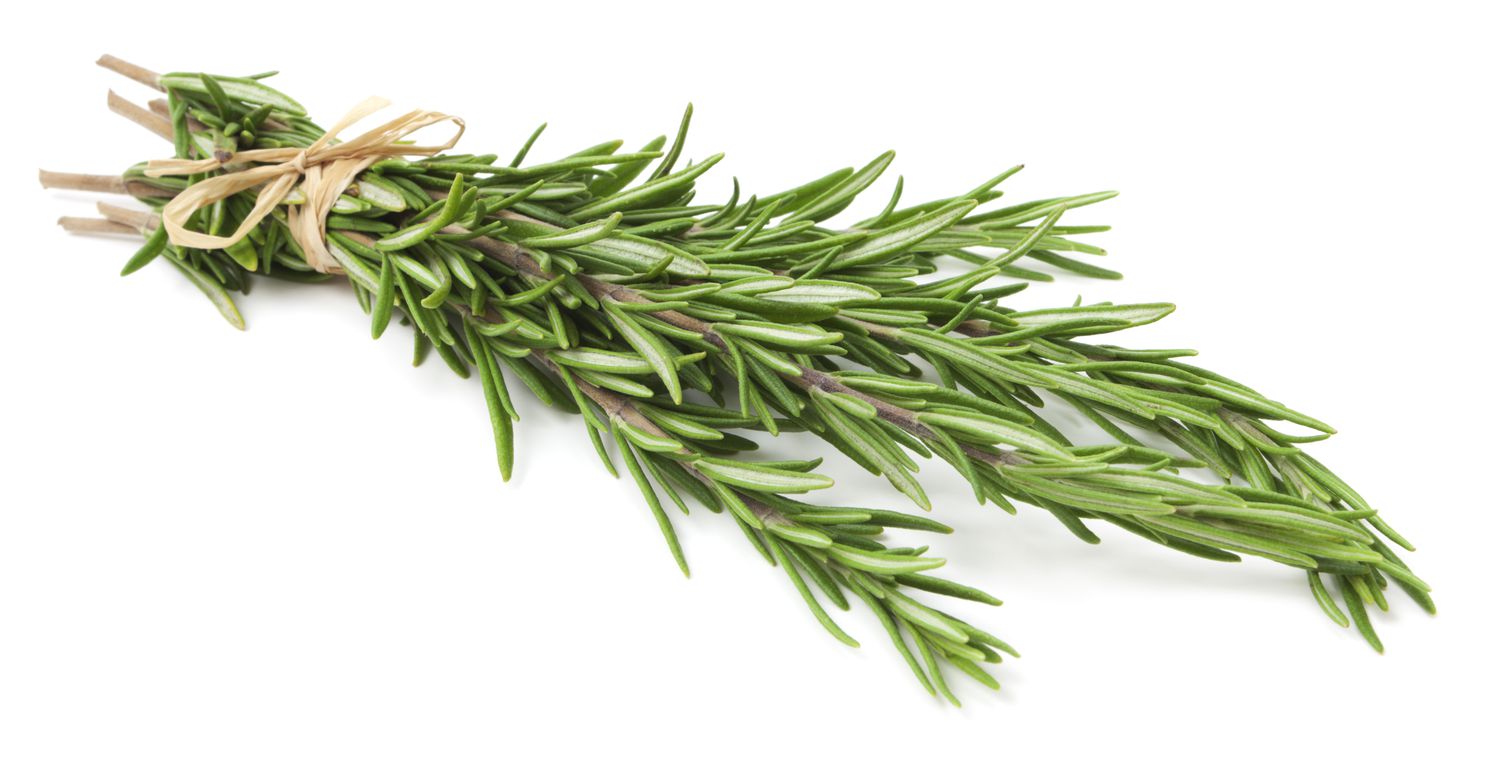
What makes rosemary so special? This aromatic herb isn't just for spicing up your favorite dishes. Rosemary has a rich history, dating back to ancient civilizations where it symbolized remembrance and loyalty. It’s packed with antioxidants, which help combat free radicals in the body. Beyond the kitchen, rosemary oil is popular in aromatherapy for its potential to boost memory and concentration. Gardeners love it for its hardiness and ability to repel pests. Plus, it’s a great source of vitamins A, C, and B6. Whether you’re a chef, gardener, or health enthusiast, rosemary offers something valuable for everyone.
Key Takeaways:
- Rosemary is a versatile herb with culinary, medicinal, and symbolic uses. It adds a unique flavor to dishes, supports digestion, and has been used for centuries in rituals and traditions.
- Growing rosemary is easy and rewarding. It thrives in well-drained soil, requires minimal watering, and can be propagated from cuttings. Plus, it's a natural insect repellent and a festive holiday decoration!
What is Rosemary?
Rosemary is a fragrant herb native to the Mediterranean region. Known for its needle-like leaves and woody aroma, it’s a staple in many kitchens and gardens. Here are some fascinating facts about this versatile plant.
- Rosemary belongs to the mint family, Lamiaceae, which includes other herbs like basil, lavender, and thyme.
- Its scientific name is Rosmarinus officinalis, which means "dew of the sea" in Latin.
- Ancient Greeks and Romans believed rosemary improved memory and used it in various rituals.
- Rosemary can grow up to 4 feet tall and spread about the same width.
- The plant produces small, pale blue flowers that attract bees and other pollinators.
Culinary Uses of Rosemary
Rosemary is a popular herb in cooking, adding a unique flavor to a variety of dishes. Its strong, pine-like taste pairs well with many ingredients.
- Fresh rosemary is often used in marinades for meats like lamb, chicken, and pork.
- It’s a key ingredient in Mediterranean cuisine, especially in dishes like focaccia and roasted vegetables.
- Rosemary can be used to infuse oils and vinegars, adding a distinctive flavor to salads and dressings.
- The herb is also used in baking, particularly in savory breads and crackers.
- Rosemary pairs well with citrus fruits, enhancing the flavors of lemon and orange dishes.
Health Benefits of Rosemary
Beyond its culinary uses, rosemary has been valued for its medicinal properties for centuries. Modern science supports many of these traditional uses.
- Rosemary contains antioxidants that help protect cells from damage caused by free radicals.
- The herb has anti-inflammatory properties, which can help reduce swelling and pain.
- Rosemary oil is often used in aromatherapy to improve mood and reduce stress.
- Some studies suggest that rosemary may improve digestion by stimulating the production of bile.
- The herb has antimicrobial properties, making it useful in natural cleaning products.
Growing Rosemary
Growing rosemary at home is relatively easy, whether in a garden or a pot. It’s a hardy plant that can thrive in various conditions.
- Rosemary prefers well-drained soil and full sunlight, though it can tolerate partial shade.
- The plant is drought-tolerant, requiring only moderate watering once established.
- Rosemary can be propagated from cuttings, making it easy to share with friends and family.
- It’s a perennial plant in warm climates but can be grown as an annual in colder regions.
- Pruning rosemary regularly helps maintain its shape and encourages new growth.
Fun Facts About Rosemary
Rosemary has a rich history and some surprising uses beyond the kitchen and medicine cabinet.
- In the Middle Ages, rosemary was used as a symbol of remembrance at weddings and funerals.
- The herb was believed to ward off evil spirits and was often hung in doorways for protection.
- Rosemary is sometimes used in natural insect repellents due to its strong scent.
- The plant has been used in cosmetics and perfumes for its pleasant aroma.
- Rosemary is often associated with Christmas and is used in holiday decorations and wreaths.
Rosemary's Hidden Wonders
Rosemary isn't just a kitchen staple; it's packed with surprising benefits. This herb can boost memory, improve digestion, and even reduce stress. Its antioxidant properties help fight inflammation and boost immunity. Plus, rosemary's aroma can enhance mood and concentration.
Growing rosemary at home is easy, and it thrives in sunny spots. Use it fresh or dried in recipes for a burst of flavor. Rosemary oil can be used in aromatherapy or as a natural remedy for hair and skin.
Whether you're a gardener, a chef, or someone looking to improve well-being, rosemary offers something special. So, next time you see this humble herb, remember its hidden wonders. Embrace rosemary in your daily life and enjoy its many benefits.
Frequently Asked Questions
Was this page helpful?
Our commitment to delivering trustworthy and engaging content is at the heart of what we do. Each fact on our site is contributed by real users like you, bringing a wealth of diverse insights and information. To ensure the highest standards of accuracy and reliability, our dedicated editors meticulously review each submission. This process guarantees that the facts we share are not only fascinating but also credible. Trust in our commitment to quality and authenticity as you explore and learn with us.


